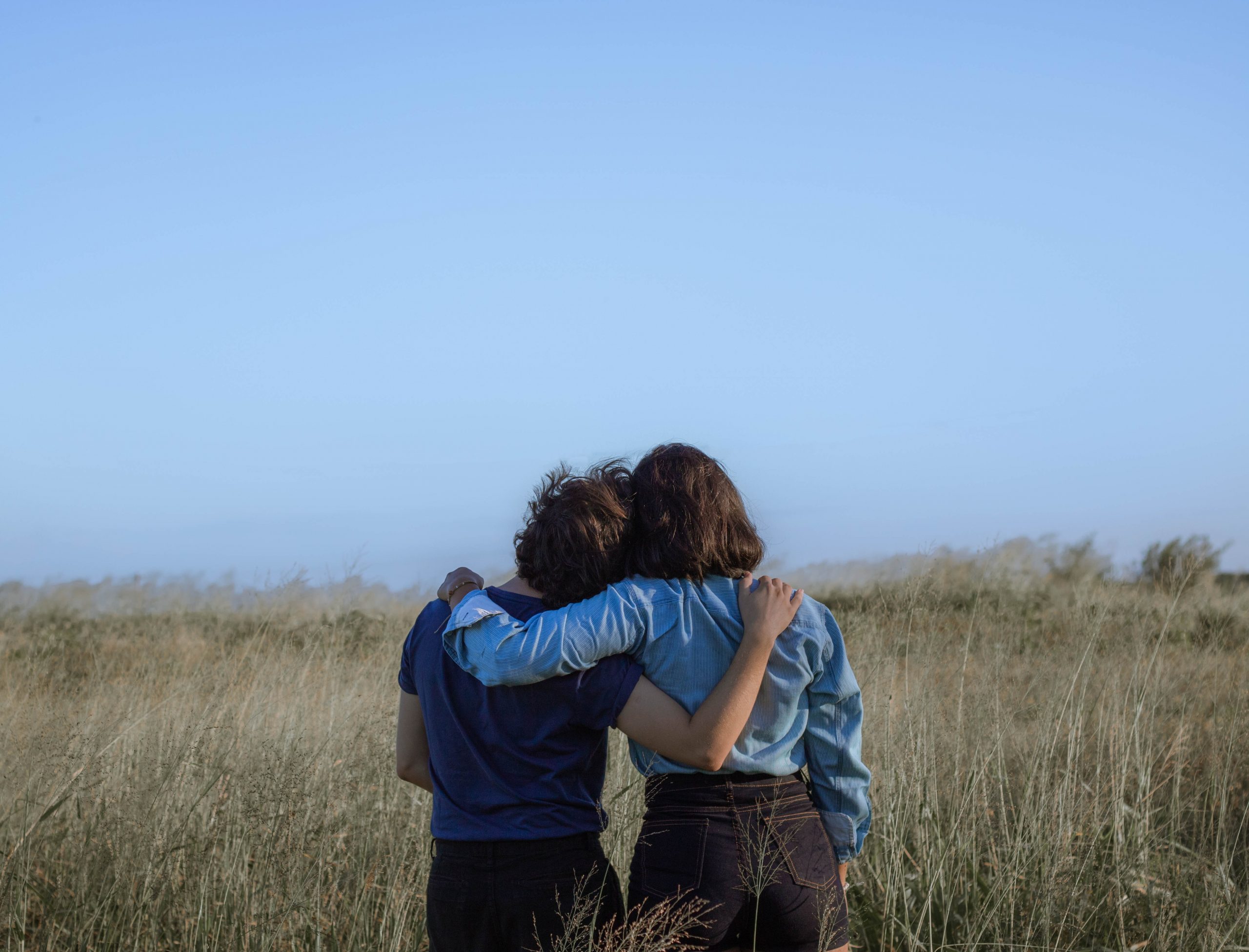
A Sukkot Reflection: The Fragility of Our Lives
As I write this, our Jewish community is celebrating Sukkot. We spend the holiday in a sukkah, a structure that symbolizes the protection and shelter G-d provided as we passed through the Sinai desert.
Of course, the sukkah is a temporary structure with only a partial roof. So, while we’re inside, we’re somewhat protected – but not much. If it rains, we’ll get wet. If it’s hot out, we’ll be hot.
Why would we use such an insecure structure as a symbol of G-d’s protection? The idea is that we’re not supposed to feel very secure. The sukkah reminds us that in the end, we’re still essentially vulnerable to life’s ups and downs.
And sometimes we can forget this. We get comfortable in our routine, in our comforts, in our home, in the support of our family and friends. We relax in the predictability of our day-to-day… right up until something happens to disrupt our lives and strip away that false sense of security.
In fact, people all need that sense of security. We see this across the lifespan. For example, many children of divorce don’t understand what has happened. The uncertainty is scary, as they feel as if the situation is beyond their control. Children often create a narrative that isn’t so scary. They blame themselves for the divorce and believe that if they behave just right, their parents will get back together.
We see the same need for security in the classic stages of grief. The third stage is bargaining: “G-d, if you just let her live, I promise I’ll be a better person.” Or we fixate on what-ifs: “If only I’d said just the right thing, at just the right moment, they’d still be here.” These reflect our need for a sense of control, eliminating what feels uncertain or unpredictable.
When something happens that destroys our sense of security – confronting us with our true vulnerability – that’s a rude awakening. It hurts.
Our time in the sukkah reminds us that we are not that secure after all. We’re vulnerable. We’re fragile. Ideally, by taking this reminder to heart, we prepare ourselves against future hurts.
At the same time, there will always be some tragedies beyond our capacity to absorb. We may be subjected to violence. We may lose someone close or in a difficult way. We may suffer other events we aren’t prepared for. After such a trauma, it can be hard to recover our emotional balance again.
Some of Jewish Family Service’s work is to help people with this healing process. If life throws you too far off balance, we’re here to help.
Written by Matt Smith, LMS (JFS Therapist)
Latest Posts

Krasoff Jewish Family Service Building Opens Soon
By Rabbi Amy B. Cohen Shalom Austin Jewish Family Service is thrilled to be opening their central office later this summer on the Dell Jewish Community Campus. The beautiful new building will house over fifteen staff members including counselors, case managers, the...
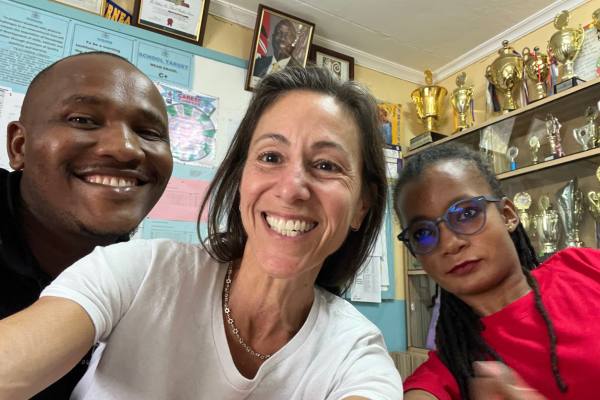
Next Step Foundation’s Upili Program Is Impacting Youths with Disabilities in Nairobi
Team Upili from left to right: Peter Simiyu, Carla Birnberg and Mariam Ndegwa at Joytown Special School in Thika, Kenya. Credit: Carla Birnberg For the past four years, Chief Storyteller for the Next Step Foundation, based in Austin and Nairobi, Carla Birnberg's...
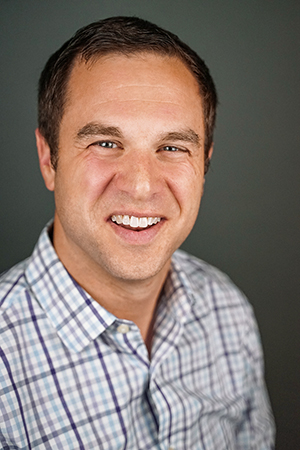
Inspiring Jewish Journeys across a Growing Greater Austin
As I write this column, the school year is ending, and preparations are underway for the summer season and camp. I am also preparing for a long-anticipated sabbatical, my first as I begin my 18th year in the rabbinate, that will begin in mid-June and conclude toward...
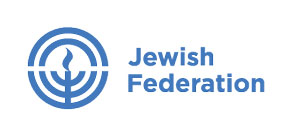

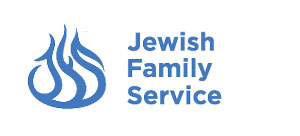
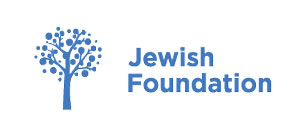
HEALTH & WELLNESS
Fitness
Swimming
Tennis & Pickleball
More Sports
EDUCATION
Jewish Culture & Education
Early Childhood Program Preschool
After School & Childcare
Camps
ARTS & CULTURE
Literary Arts
Visual Arts
Theatre & Film
Dance
COUNSELING & SUPPORT
Jewish Family Service
Counseling & Groups
Case Management
References & Resources
Copyright Shalom Austin 2023. Privacy Policy.
